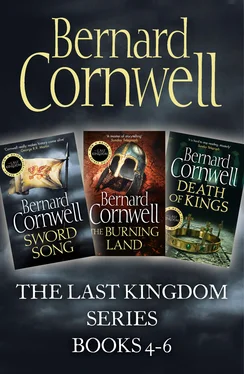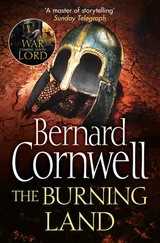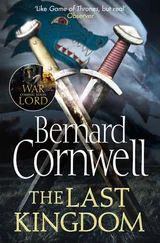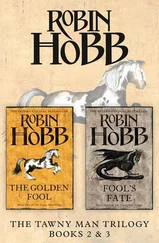1 London Bridge Street London SE1 9GF www.harpercollins.co.uk First published in Great Britain by HarperCollins Publishers 2007 Copyright © Bernard Cornwell 2007 Map © John Gilkes 2007 Bernard Cornwell asserts the moral right to be identified as the author of this work A catalogue record for this book is available from the British Library All rights reserved under International and Pan-American Copyright Conventions. By payment of the required fees, you have been granted the non-exclusive, non-transferable right to access and read the text of this ebook on-screen. No part of this text may be reproduced, transmitted, downloaded, decompiled, reverse engineered, or stored in or introduced into any information storage and retrieval system, in any form or by any means, whether electronic or mechanical, now known or hereinafter invented, without the express written permission of HarperCollins ebooks HarperCollins Publishers has made every reasonable effort to ensure that any picture content and written content in this ebook has been included or removed in accordance with the contractual and technological constraints in operation at the time of publication Ebook Edition © December 2010 ISBN: 9780007279654 Version: 2017-05-25
Dedication Sword Song is voor Aukje, mit liefde: Er was eens …
Place Names
Map
Prologue
Part One: THE BRIDE
Chapter One
Chapter Two
Chapter Three
Part Two: THE CITY
Chapter Four
Chapter Five
Chapter Six
Chapter Seven
Chapter Eight
Part Three: THE SCOURING
Chapter Nine
Chapter Ten
Chapter Eleven
Historical Note
The spelling of Place Names in Anglo Saxon England was an uncertain business, with no consistency and no agreement even about the name itself. Thus London was variously rendered as Lundonia, Lundenberg, Lundenne, Lundene, Lundenwic, Lundenceaster and Lundres. Doubtless some readers will prefer other versions of the names listed below, but I have usually employed whichever spelling is cited in either the Oxford Dictionary of English Place Names or the Cambridge Dictionary of English Place Names for the years nearest or contained within Alfred’s reign, AD 871–899, but even that solution is not foolproof. Hayling Island, in 956, was written as both Heilincigae and Hæglingaiggæ. Nor have I been consistent myself; I should spell England as Englaland, and have preferred the modern form Northumbria to Norðhymbralond to avoid the suggestion that the boundaries of the ancient kingdom coincide with those of the modern county. So this list, like the spellings themselves, is capricious.
| Æscengum |
Eashing, Surrey |
| Arwan |
River Orwell, Suffolk |
| Beamfleot |
Benfleet, Essex |
| Bebbanburg |
Bamburgh, Northumberland |
| Berrocscire |
Berkshire |
| Cair Ligualid |
Carlisle, Cumbria |
| Caninga |
Canvey Island, Essex |
| Cent |
Kent |
| Cippanhamm |
Chippenham, Wiltshire |
| Cirrenceastre |
Cirencester, Gloucestershire |
| Cisseceastre |
Chichester, Sussex |
| Coccham |
Cookham, Berkshire |
| Colaun, River |
River Colne, Essex |
| Contwaraburg |
Canterbury, Kent |
| Cornwalum |
Cornwall |
| Cracgelad |
Cricklade, Wiltshire |
| Dunastopol |
Dunstable (Roman name Durocobrivis), Bedfordshire |
| Dunholm |
Durham, County Durham |
| Eoferwic |
York, Yorkshire |
| Ethandun |
Edington, Wiltshire |
| Exanceaster |
Exeter, Devon |
| Fleot |
River Fleet, London |
| Frankia |
Germany |
| Fughelness |
Foulness Island, Essex |
| Grantaceaster |
Cambridge, Cambridgeshire |
| Gyruum |
Jarrow, County Durham |
| Hastengas |
Hastings, Sussex |
| Horseg |
Horsey Island, Essex |
| Hothlege |
River Hadleigh, Essex |
| Hrofeceastre |
Rochester, Kent |
| Hwealf |
River Crouch, Essex |
| Lundene |
London |
| Mæides Stana |
Maidstone, Kent |
| Medwæg |
River Medway, Kent |
| Oxnaforda |
Oxford, Oxfordshire |
| Padintune |
Paddington, Greater London |
| Pant |
River Blackwater, Essex |
| Scaepege |
Isle of Sheppey, Kent |
| Sceaftes Eye |
Sashes Island (at Coccham) |
| Sceobyrig |
Shoebury, Essex |
| Scerhnesse |
Sheerness, Kent |
| Sture |
River Stour, Essex |
| Sutherge |
Surrey |
| Suthriganaweorc |
Southwark, Greater London |
| Swealwe |
River Swale, Kent |
| Temes |
River Thames |
| Thunresleam |
Thundersley, Essex |
| Wæced |
Watchet, Somerset |
| Wæclingastræt |
Watling Street |
| Welengaford |
Wallingford, Oxfordshire |
| Werham |
Wareham, Dorset |
| Wiltunscir |
Wiltshire |
| Wintanceaster |
Winchester, Hampshire |
| Wocca’s Dun |
South Ockenden, Essex |
| Wodenes Eye |
Odney Island (at Coccham) |
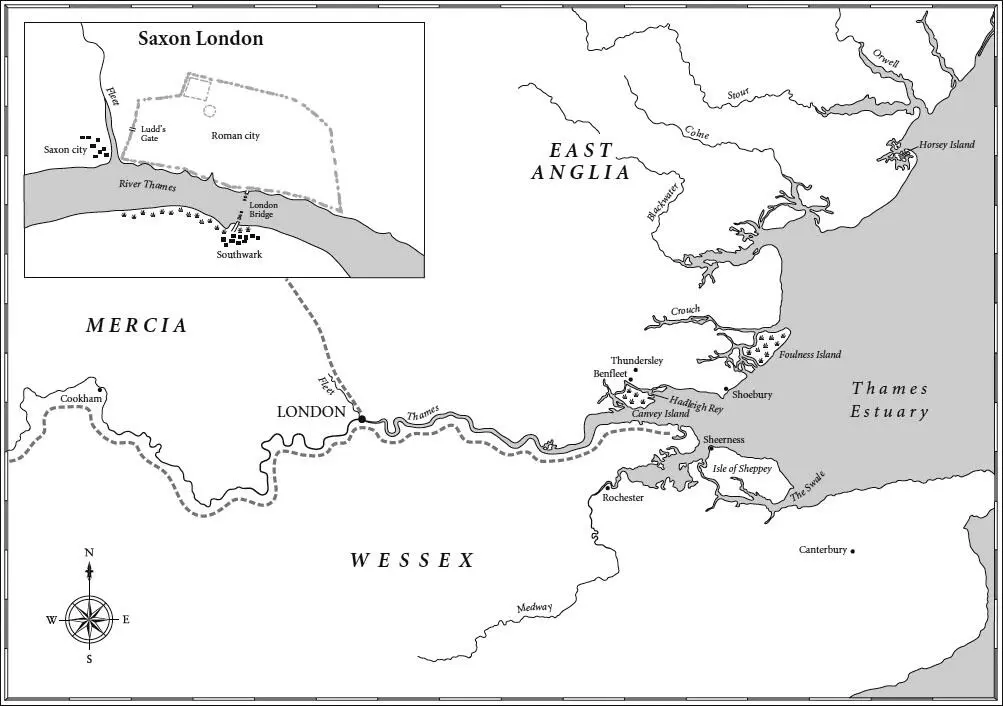
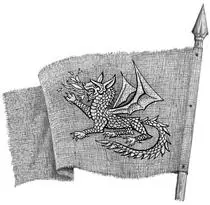
Darkness. Winter. A night of frost and no moon.
We floated on the River Temes, and beyond the boat’s high bow I could see the stars reflected on the shimmering water. The river was in spate as melted snow fed it from countless hills. The winterbournes were flowing from the chalk uplands of Wessex. In summer those streams would be dry, but now they foamed down the long green hills and filled the river and flowed to the distant sea.
Our boat, which had no name, lay close to the Wessex bank. North across the river lay Mercia. Our bows pointed upstream. We were hidden beneath the leafless, bending branches of three willow trees, held there against the current by a leather mooring rope tied to one of those branches.
There were thirty-eight of us in that nameless boat, which was a trading ship that worked the upper reaches of the Temes. The ship’s master was called Ralla and he stood beside me with one hand on the steering-oar. I could hardly see him in the darkness, but knew he wore a leather jerkin and had a sword at his side. The rest of us were in leather and mail, had helmets and carried shields, axes, swords or spears. Tonight we would kill.
Sihtric, my servant, squatted beside me and stroked a whetstone along the blade of his short-sword. ‘She says she loves me,’ he told me.
‘Of course she says that,’ I said.
He paused, and when he spoke again his voice had brightened, as though he had been encouraged by my words. ‘And I must be nineteen by now, lord! Maybe even twenty?’
‘Eighteen?’ I suggested.
‘I could have been married four years ago, lord!’
We spoke almost in whispers. The night was full of noises. The water rippled, the bare branches clattered in the wind, a night creature splashed into the river, a vixen howled like a dying soul, and somewhere an owl hooted. The boat creaked. Sihtric’s stone hissed and scraped on the steel. A shield thumped against a rower’s bench. I dared not speak louder, despite the night’s noises, because the enemy ship was upstream of us and the men who had gone ashore from that ship would have left sentries on board. Those sentries might have seen us as we slipped downstream on the Mercian bank, but by now they would surely have thought we were long gone towards Lundene.
Читать дальше
